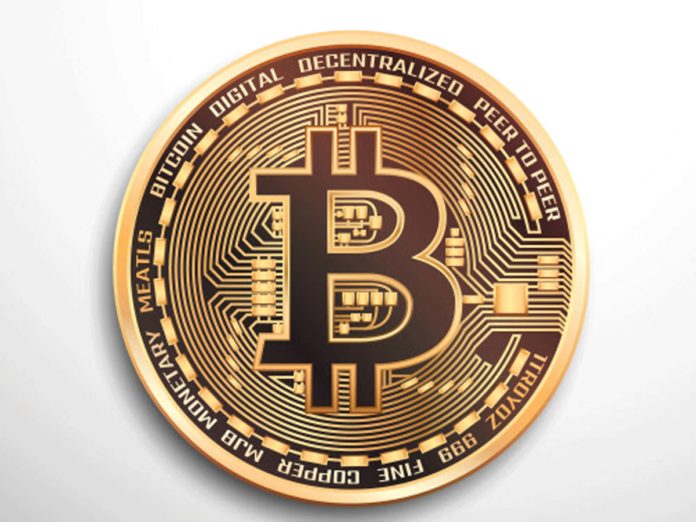Background:
It was the middle of February 2021, the Nigerian central bank placed a ban on the use and trade of cryptocurrencies in the country. Identified as the second largest “Bitcoin market” after the US, trading no less than $600 million in the last 5 years (Deutshe Welle, 2020) this singular action was received with a mixture of anger and despair as trading cryptocurrencies has become a source of income for many Nigerians amidst the troubled economy. In the summer of 2020, Nigeria’s interest in bitcoin trading piqued and it became a very attractive investment option.
This was not the first time the CBN moved to control the use of cryptos, the apex bank also asked banks to identify and report individuals and entities trading cryptos within their systems. All of a sudden even people that had never heard about cryptos (especially the younger generation) began to ask questions, they wanted to know more and they even wanted to begin to invest. With no central place to get authentic information, and the national concerns about volatility, fraud and the concept of decentralization, they turned to successful crypto investors, many of whom had no formal knowledge about cryptocurrencies, and learned how to trade mostly on their own.
The Nigerian government also had its concerns about its volatility, fraud and the volume of trade going on, an estimated $4billion (BBC News, 2021) and the impact a loss like that could have on the economy. Nigerians have fallen prey to several Ponzi schemes and the reality is that at almost every point in time, there is at least one scheme that is active and that Nigerians are actively investing in. Cryptocurrency trading was also labelled a Ponzi scheme by the majority of the population who still don’t understand how anyone could invest in anything that was “invented” by an anonymous person and owned by no one in particular.
My Interview
I was approached by Channels Television, in February this year to participate in a panel discussion about the Nigerian cryptocurrency ban (see attached link), where I said it would be better to work to regulate rather than attempt to ban its use and also that the concerns that the government had about fraud or misuse could happen with any other investment scheme and even with fiat currency and though valid did not represent a reason strong enough for it to be banned. I concluded by suggesting that we invest more as a country into educating ourselves and our people about cryptocurrencies so people could make an informed decision about whether to invest or not, also making it clear that there was more to the technology beyond cryptocurrencies.
Peer to peer trading redefined
In spite of the ban, Nigerians continued to trade cryptocurrencies. How you may ask? It was all thanks to the exchange platforms like Binance. This was peer to peer trading on a whole new level as it provided the opportunity for Nigerians to fund and withdraw fiat currency from their wallets with no involvement or interference from the government, and in a way that the banks could not do anything about. Let’s say I wanted to buy Ethereum and all I have is my fiat money, I would;
· Log into my Binance account and go to the list of members looking to exchange fiat money for Ethereum, with the exchange rate clearly spelt out;
· I would then click on the most favourable rate and then their registered fiat account details would appear;
· I would transfer the fiat money to their local accounts and they would confirm this and transfer Ethereum to my wallet address which would have been automatically sent to them by Binance (a time window of 20 mins is allowed to initiate and conclude the transaction) and everyone walks away happy.
Is this safe you may say? Binance acts as a sort of escrow for the crypto and you have direct details for the account you send the fiat currency to and as long as I have used this process and others I know have been using it, there have never been any issues. Poor internet connectivity may delay transfers but they eventually always come through.
NIGERIA’S CBDC
So when I discovered that the CBN was looking to launch its own digital currency, I was first amused and then encouraged, as that made it clear that Nigeria was coming to terms with the fact that the trade and use of cryptocurrencies cannot really be controlled. I spoke with Mr Adediji Owonibi, the Founder and COO of Convexity, one of Nigeria’s foremost blockchain solutions and consultancy firm based in Abuja, Nigeria, who has also worked in conjunction with the IMF and the Nigerian CBN as a trainer and a stakeholder.
Mr Owonibi said he could not believe his ears either when first heard about the Nigerian CBDC but then he attended a stakeholder’s meeting at the CBN and realized it was for real. He also mentioned that after the Cryptocurrency ban, he had several engagements with the CBN where his advice was that they should take a more inclusive approach by focusing on regulating rather than imposing a ban on its use. According to Mr Owonibi, they listened and here we are now, October 1st which coincidentally is also our nation’s independence day is a reality.
When asked about the intricate details about the CBN’s plan, Mr Owonibi mentioned that the CBN intends to conduct KYC via the fintech and exchanges that would house the wallet for the e-naira however conversations around conversion rates, buying and selling of other cryptocurrencies and transfers have not yet been concluded. He mentioned that the major promise is faster and cheaper international remittances and regulatory bodies including the IMF and the World Bank are a part of all the proceedings, also approval has been obtained from the Bank of International Settlements.
All around the country, the news about the CBDC is still producing mixed feelings, some think it is a political move, others believe it is really happening and ultimately in the words of Mr Adedeji Owonibi in his Linkedin post (https://www.linkedin.com/posts/adedeji-owonibi-_cbn-to-launch-digital-currency-oct-1-activity-6824234182156271616-WQFp/) we all need to brace up, learn it and use it!
Shared with permission from – Modupe (Fatai-Oso) Ativie
RELATED ARTICLES

























